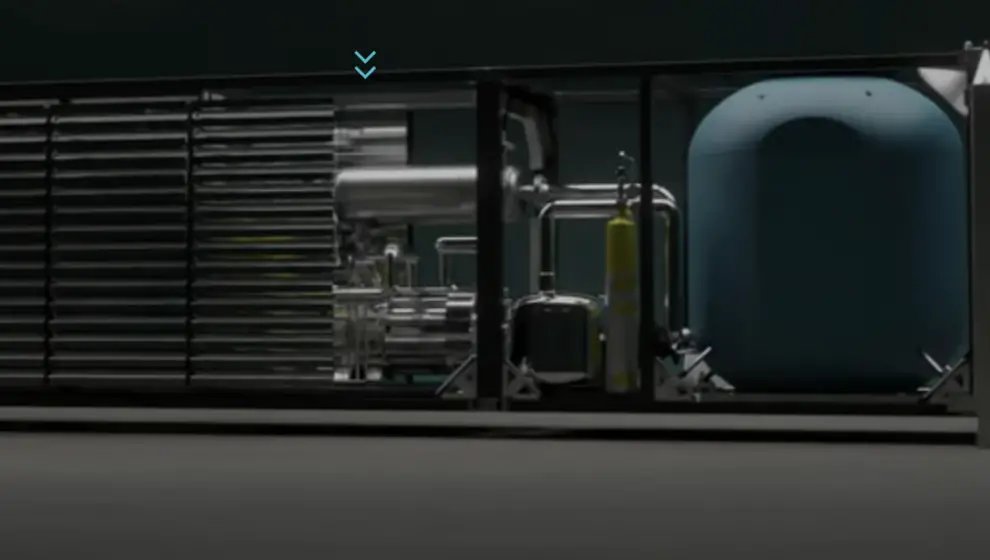Former SpaceX engineer Doug Bernauer has successfully raised $55 million to create portable nuclear reactors for remote generation.
Key Details
- Diesel generators are a necessary but environmentally dangerous aspect of modern life, as large swaths of the energy grid have been affected by disasters, shortages, and failures in recent years.
- The current market for diesel generators is worth $5.8 billion, Forbes reports.
- Radiant CEO Doug Bernauer—who previously worked on Grasshopper technology that was integrated into the Falcon 9 reusable landing system—started his new company in 2019 and recently raised $40 million in a series B round to create a nuclear alternative.
- Bernauer believes Radiant will be able to test and seek approval for a portable nuclear device, the size of a shipping container, by the end of next year, which could create a cleaner alternative for back power.
- The company hopes to place miniature reactors into commercial production by 2028.
Why It’s Important
Former SpaceX engineers, including the founders of Phantom Space Corporation, Xona Space Systems, and Firefly Aerospace, have founded dozens of companies. As we previously reported, Argo Space Corporation is attempting to deploy water-propelled spacecraft to serve as tech support in Earth orbit.
Bernauer’s mission reflects a more Earth-based approach to improving humankind—creating clean alternatives to emergency power technologies. He first heard a call from the Department of Defense in 2019 to create portable nuclear technology. He made the decision to quit his job and take a risk on starting Radiant—a move that could eventually provide such generators for private and space-related purposes.
Backing Up A Bit
The move also comes as nuclear power is facing an inflection point. Germany’s anti-nuclear movement resulted in the European country shutting down its final three nuclear reactors on April 15. Alternatively, other countries have begun begrudgingly extending the lifespans of nuclear reactors as a means of smoothing the energy transition to net zero emissions by 2050, including the U.S., Canada, Poland, and the U.K. Advances in nuclear-fusion technology also make it a viable potential power source.
The risk factor for Radiant’s miniture reactors is minimal. The fuel necessary to operate the reactors is a small, high-melting-point particle. University of Michigan engineer Todd Allen tells Forbes is roughly as safe as the miniature reactors used by universities for teaching purposes, which have solid safety records.
Notable Quotes
“I think we’re going to see a huge shift in this where people realize that if they care about the environment, they have to care about nuclear,” says Radiant investor Scott Nolan.
“I think the way people think about nuclear is changing now. In the past five to 10 years, there’s been a vision of a new future where nuclear plays a role,” says Bernauer.
